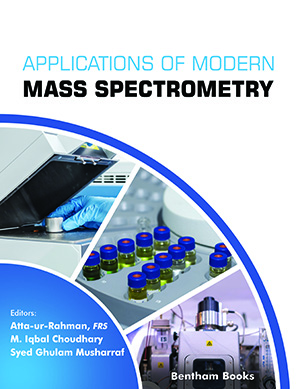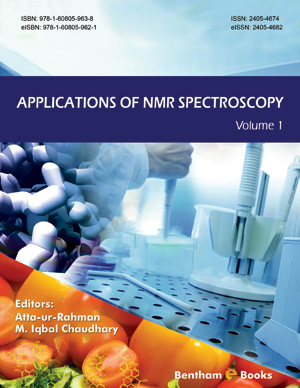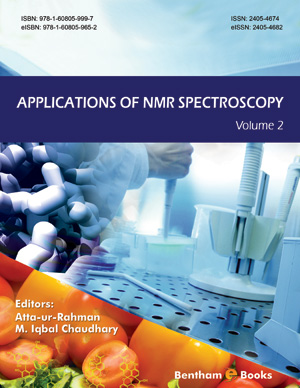Abstract
Enzymes are very versatile catalysts in organic chemistry, although in many times they presented very low selectivity towards non-natural or artificial compounds. A simple strategy has recently been reported to permit greatly enhancing the enzyme selectivity. The strategy -based on the conformational changes of these enzymes during catalysis- consists in the preparation of a library of biocatalysts by using different immobilization protocols that may permit to immobilize the enzymes via different orientations, with different rigidity or generating different environments. This review examines as different enzymes such as lipases, acylases, β-galactosidases, epoxyhydrolases, phosphorylases, hydroxynitrile lyases, sulfatases, glycosyltranferases, or tyrosynases have been greatly modulated by this solid phase strategy. This methodology has permitted to obtain highly enantioselective biocatalysts in asymmetric reactions, synthesis of β-lactams antibiotics, or transglycosylation reactions.
Keywords: Immobilization, enzymes, lipases, acylases, galactosidades, galactosyl transferases, macroporous supports, covalent attachment, enantioselectivity, specificity, regioselectivity, beta-lactamic antibiotic, drugs precursors, kinetic resolution, desymmetrization, hydrolysis, transglycosylation, deacetylation, transesterification, sepabeads.






















